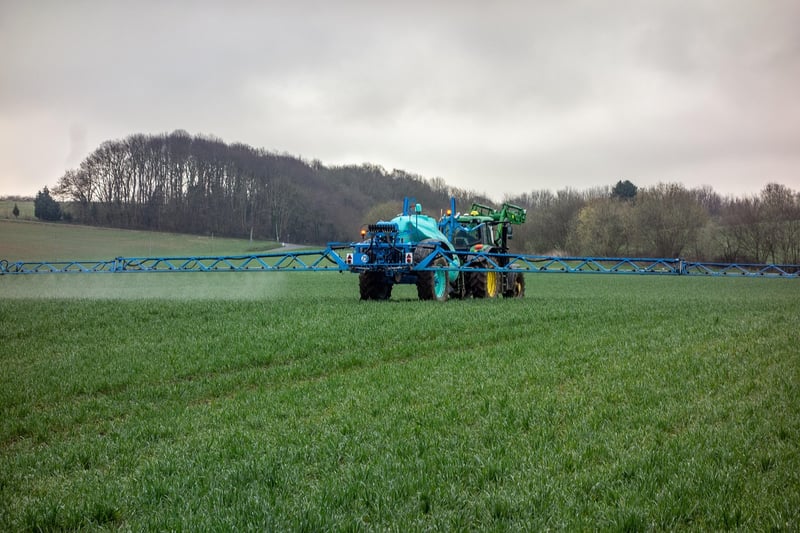Organic Fertilizers
Maintaining Soil Health in Urban Gardens + Organic Fertilizers
Introduction
Urban gardening is a rewarding activity that allows city dwellers to connect with nature and grow their own food. However, maintaining soil health in urban gardens can be a challenge due to limited space, pollution, and other urban factors. One way to ensure your urban garden thrives is by using organic fertilizers. In this article, we will discuss the importance of soil health in urban gardens and explore the benefits of organic fertilizers.
Importance of Soil Health in Urban Gardens
Soil health is crucial for the success of any garden, including urban gardens. Healthy soil provides essential nutrients to plants, supports root development, retains moisture, and fosters beneficial microbial activity. In urban environments, soil can be degraded due to pollution, compaction, and lack of organic matter. By maintaining soil health, urban gardeners can ensure their plants grow strong and healthy.
Benefits of Organic Fertilizers
Organic fertilizers are derived from natural sources and provide a sustainable way to nourish plants without the use of synthetic chemicals. Unlike chemical fertilizers, organic fertilizers improve soil structure, promote microbial activity, and release nutrients slowly to plants, reducing the risk of nutrient leaching. Additionally, organic fertilizers are environmentally friendly and support long-term soil health.
Types of Organic Fertilizers
There are various types of organic fertilizers that urban gardeners can use to improve soil health:
- Compost: Made from decomposed organic matter, compost enriches the soil with nutrients and improves its structure.
- Manure: Animal manure is a rich source of nutrients and organic matter that can enhance soil fertility.
- Organic Mulch: Mulching with materials like straw, leaves, or grass clippings helps retain moisture and suppress weeds while adding nutrients to the soil as it breaks down.
- Fish Emulsion: A liquid fertilizer made from fish byproducts, fish emulsion is a quick-release source of nutrients for plants.
Tips for Using Organic Fertilizers
When using organic fertilizers in your urban garden, consider the following tips:
- Follow application instructions to avoid over-fertilization and potential harm to plants.
- Rotate different types of organic fertilizers to provide a diverse range of nutrients to the soil.
- Monitor plant growth and adjust fertilization based on the needs of your plants.
- Combine organic fertilizers with other soil amendments like compost to maximize soil health benefits.
Conclusion
By prioritizing soil health and using organic fertilizers, urban gardeners can create thriving gardens in limited spaces. Organic fertilizers not only nourish plants but also contribute to sustainable gardening practices that benefit the environment. With proper care and attention to soil health, urban gardens can flourish and provide a bountiful harvest for city dwellers to enjoy.

References:
